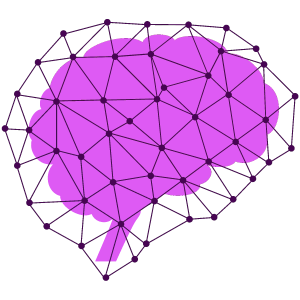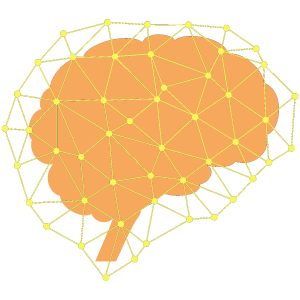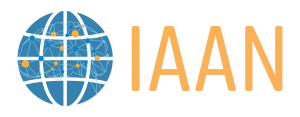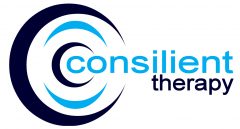What is Neuropsychotherapy?
Neuropsychotherapy is an approach to personal therapy that integrates the natural, dynamic interplay  between the mind, body, social interaction and a person’s environment. It considers a person’s well-being with a focus on proven neuroscientific research. Through an understanding of the processes of our biology (and in particular our neurology), the functioning of our psychology and the influences of social interaction, a holistic therapeutic practice can be formulated. Neuroscience shows us how our biology, including our genetic characteristics, and the environment, through our experiences, together influence wellness.
between the mind, body, social interaction and a person’s environment. It considers a person’s well-being with a focus on proven neuroscientific research. Through an understanding of the processes of our biology (and in particular our neurology), the functioning of our psychology and the influences of social interaction, a holistic therapeutic practice can be formulated. Neuroscience shows us how our biology, including our genetic characteristics, and the environment, through our experiences, together influence wellness.
What is a Neuropsychotherapist?
Psychotherapists may have been trained in one or more theoretical schools. Often a therapist will choose their approach and describe their practice based on that choice: a CBT practitioner utilising specific techniques with a cognitive-behavioural basis. Or basing their practice on the wisdom of Carl Jung, becoming a Jungian therapist, for instance.
A Neuropsychotherapist, is a psychotherapist with an approach founded in any one or any number of theoretical schools who utilises neurobiological, cognitive, emotional, social, and environmental information as the basis for or enhancement of their psychotherapeutic interventions.
Neuropsychotherapist, is a psychotherapist with an approach founded in any one or any number of theoretical schools who utilises neurobiological, cognitive, emotional, social, and environmental information as the basis for or enhancement of their psychotherapeutic interventions.
The Neuropsychotherapist is always grounded in a sound knowledge of the neurobiological underpinnings of mental states and behaviour.
So is this a New Theoretical School of Psychology or Therapy?
The short answer is, “No.”
A Neuropscyhotherapist is not adopting a new school of psychology or psychotherapy. Together, we are promoting a much deeper, scientific knowledge of the brain and its functions and the wider neurology of the body outside the skull. Just as important are many other aspects of our biology, together enhancing our therapeutic practice.
We apply brain-based, neurologically informed approaches to established therapeutic opportunities.
Who is a Neuropsychotherapist?
Many therapists have become aware that there is a need to understand the baseline of neuroscience in terms of various pathologies and to understand their neurobiological underpinnings. Understanding how things go wrong also allows us to consider better ways to restore wellness.
 A therapist, properly trained and a member of an appropriate professional body – usually also registered by a recognised professional standards authority in their country (or state) of practice – can follow a route of personal and professional development to become a Certified Clinical Neuropsychotherapy Practitioner. This Certification was awarded by an organisation known as International Association for Clinical Neuropsychotherapy which is now an international organisation called International Association for Applied Neuroscience and is based in Queensland, Australia. Its website is www.iaan.com.au.
A therapist, properly trained and a member of an appropriate professional body – usually also registered by a recognised professional standards authority in their country (or state) of practice – can follow a route of personal and professional development to become a Certified Clinical Neuropsychotherapy Practitioner. This Certification was awarded by an organisation known as International Association for Clinical Neuropsychotherapy which is now an international organisation called International Association for Applied Neuroscience and is based in Queensland, Australia. Its website is www.iaan.com.au.
The therapist will often follow their name with the designation MIAAN(Cert) indicating certified membership of IAAN, following their training and assessment. It also guarantees that the therapist participates in regular neuroscience-based supervision. (This was previously certified by IACN.)
In 2017 Professor Pieter Rossouw initiated the world’s first tertiary neuropsychotherapy course at CHC in Queensland, leading to the award of Graduate Certificate in Neuropsychotherapy. (A level 8 course in the School of Social Sciences at CHC.)

